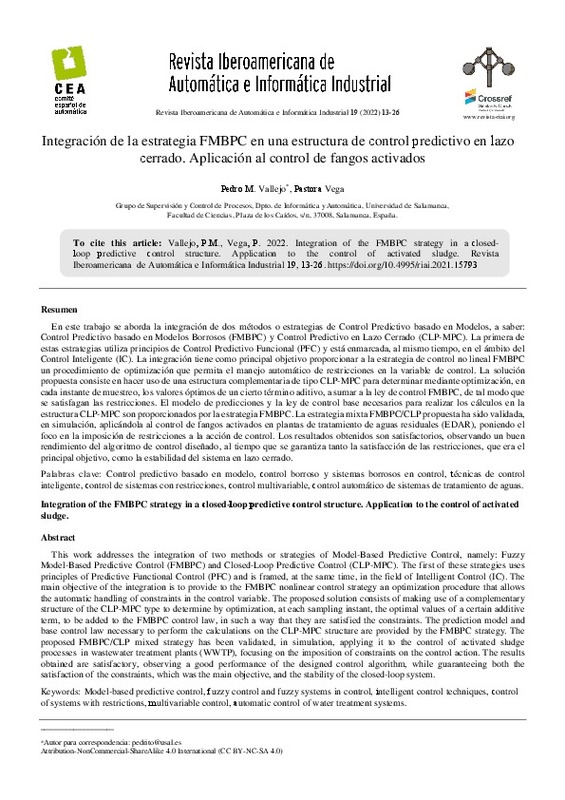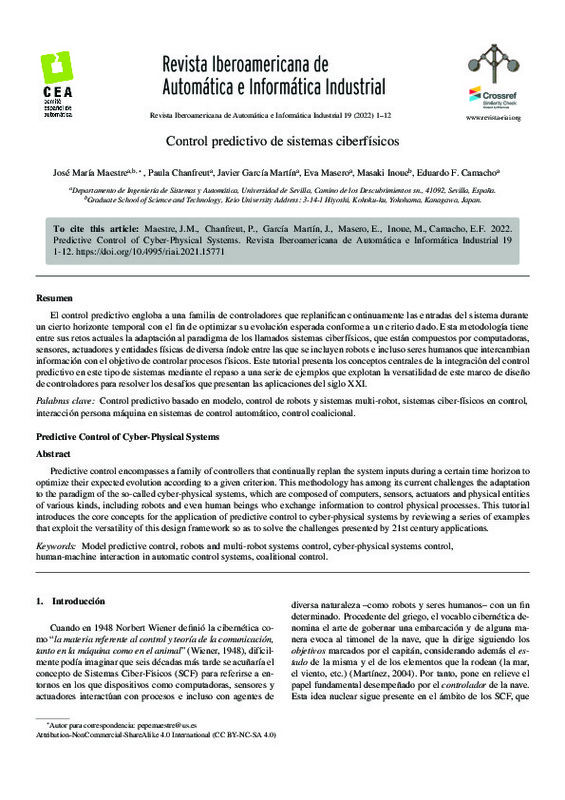JavaScript is disabled for your browser. Some features of this site may not work without it.
Buscar en RiuNet
Listar
Mi cuenta
Estadísticas
Ayuda RiuNet
Admin. UPV
Optimizing Geothermal Heat Pump Performance through Automation for Research in Borehole Heat Exchanger
Mostrar el registro completo del ítem
Lozano Martín, Z. (2024). Optimizing Geothermal Heat Pump Performance through Automation for Research in Borehole Heat Exchanger. Universitat Politècnica de València. http://hdl.handle.net/10251/209187
Por favor, use este identificador para citar o enlazar este ítem: http://hdl.handle.net/10251/209187
Ficheros en el ítem
Metadatos del ítem
| Título: | Optimizing Geothermal Heat Pump Performance through Automation for Research in Borehole Heat Exchanger | |||
| Otro titulo: |
|
|||
| Autor: | Lozano Martín, Zaira | |||
| Director(es): | Palm, Björn Vautrin, Adrien | |||
| Entidad UPV: |
|
|||
| Fecha acto/lectura: |
|
|||
| Resumen: |
[ES] Esta tesis profundiza en la investigación llevada a cabo en el Laboratorio Live-In de KTH, centrándose en el rendimiento de las bombas de calor y la caracterización de los recursos geotérmicos. Nuestro principal ...[+]
[EN] This thesis delves into the research conducted within KTH’s Live-In Laboratory,
focused on the performance of ground source heat pumps and the characterization
of geothermal resources. The primary focus is designing ...[+]
|
|||
| Palabras clave: |
|
|||
| Derechos de uso: | Cerrado | |||
| Editorial: |
|
|||
| Titulación: |
|
|||
| Tipo: |
|
recommendations
Este ítem aparece en la(s) siguiente(s) colección(ones)
-
ETSII - Trabajos académicos [10404]
Escuela Técnica Superior de Ingenieros Industriales




![[Cerrado]](/themes/UPV/images/candado.png)




